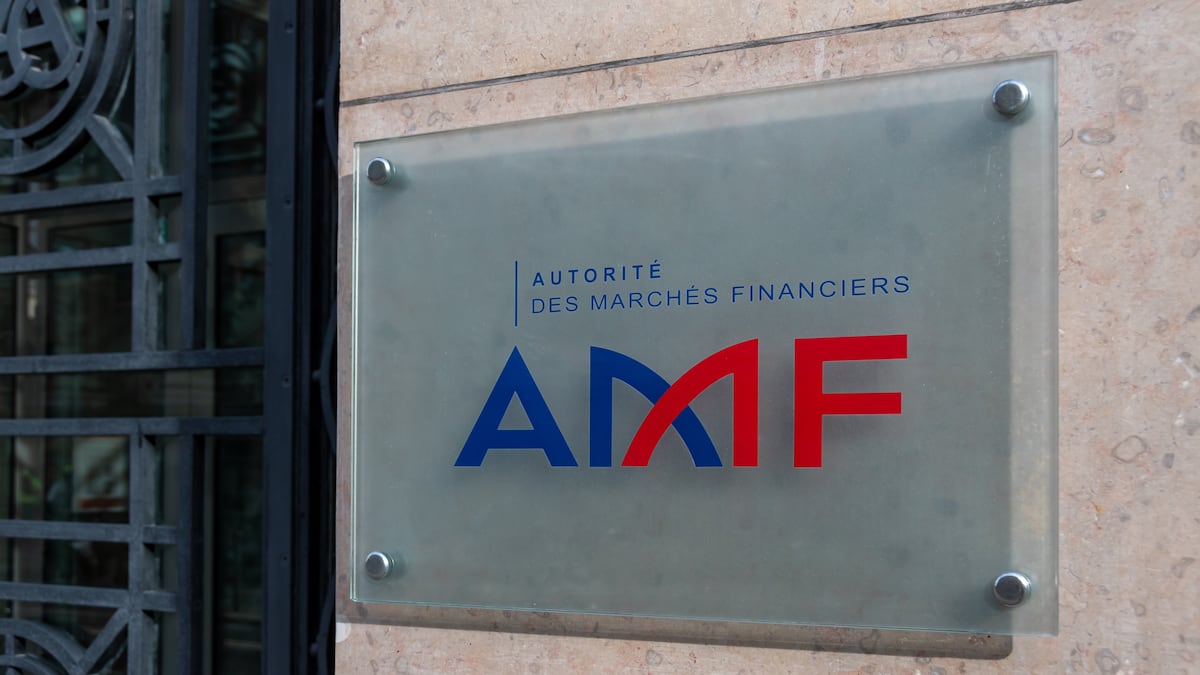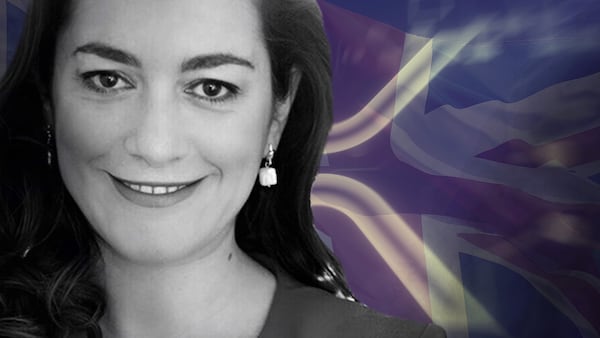- Societe Generale’s crypto subsidiary trail-blazed the way to attain the first French crypto licence.
- But in 2025, the only licence that will matter is Europe’s MiCA licence.
- The benefit of SG Forge’s new licence is that France may offer a ‘fast-track’ transition process from its national laws to MiCA.
SG Forge may be playing the long game.
Crypto advocates celebrated last week as French banking giant Societe Generale’s unit for digital assets became the first to gain full regulatory approval in France.
With European laws soon to replace this licence, the move may indicate a long-term strategy.
The hard-to-get licence granted to SG Forge by the financial markets authority, the L’Autorité des Marchés Financiers, is optional.
The licence shows that SG Forge has bolstered its IT security and liability insurance, and allows it to offer a broader range of crypto services plus to more easily advertise.
NOW READ: EU crypto chief vows to ‘strike the right balance’ as officials begin enforcing landmark MiCA law
So far, SG Forge is the only company to hold that licence.
Another 88 companies operate under the mandatory registration with the AMF, which requires lower standards and limits the services they can offer.
Yet this complex licensing system will be wiped out when the European Union’s new rulebook for crypto goes live at the end of 2024. So why go through it at all?
‘Many companies are currently thinking about obtaining approval in France because they recognise the close resemblance between the French approval and the MiCA one.’
— Daniel Arroche
One answer to that question may be that the real benefit is a nook in the Markets in Crypto-Assets regulation, which lets already-licensed firms fast track their access to the entire EU market — or a sixth of the global economy.
“Many companies are currently thinking about obtaining approval in France because they recognise the close resemblance between the French approval and the MiCA one,” said Daniel Arroche, partner at French blockchain law firm d&a partners.
“That means the fast track process will be very easy to implement,” he told DL News.
NOW READ: Binance’s German license pullback may be ‘strategic choice’ as MiCA looms
Several sources have indicated that about a dozen companies are in the process of obtaining their AMF licence. Experts expect similar headlines coming in the next months as more firms obtain the licence.
Stablecoin issuer Circle announced in March that it is in line for the French licence, in an effort to “double down” on European expansion.
Fast track
“At the moment, we have very little information about this fast track opportunity,” Arroche said.
The reason for this is that each EU member state will need to figure out how they will translate their national legislation into the bloc-wide MiCA framework, and whether licensed firms will have any benefits. Countries can also choose to not apply this transitory process.
The AMF was not able to comment on what the transition will look like for licensed firms, the regulator said.
“I don’t believe that only big banks will be eligible to obtain approval”
— Daniel Arroche
However, companies bet that having a French licence will grant them access to the European market faster.
“Since the French regime for crypto had a big influence on the MiCA regulation, companies are increasingly confident in pursuing approval in France,” Arroche said, adding that France’s regulatory framework is similar to MiCA’s.
What’s the difference?
The provisions for crypto firms in the two regimes resemble each other when it comes to investor protection, prudential guardrails and governance requirements standards.
However, there are a few key differences. Under the MiCA framework, companies will also need to comply with market abuse prevention and detection provisions, an AMF spokesperson told DL News.
On top of that, firms must publicise information about crypto-assets’ environmental impact when MiCA kicks in.
Firms regulated under the AMF will also be able to continue to serve French clients until 30 June 2026, which is when the MiCA transition period ends.
Setting standards
“I think it’s not a coincidence that SG is the first company to receive approval in France,” Arroche said. “It is possible that the AMF’s intention is to establish a high standard and they chose to grant approval to one of the most prominent banks in France.”
The web3 market making platform, Flowdesk, are not among those rushing for high-level, AMF licence ahead of MiCA.
“We are already regulated,” Anne-Sophie Cissey, head of legal and compliance at Flowdesk, told DL News.
“For a small company, it’s a lot of audits and investments regarding cybersecurity,” she said. “It costs so much money. We are already going for a licence in Singapore, the UK and the US. Why would I get a licence here if we can get it in another place?”
NOW READ: I had my irises scanned by Sam Altman’s Worldcoin Orbs so you don’t have to — here’s what happened
Cissey agrees that SG Forge will play an important role in setting the standards for other firms offering crypto assets, and push the industry to “do so much more” than what they do today.
Some industry representatives expressed concern that these standards might be unattainable for smaller firms lacking the backing of financial giants like Societe Generale.
“I don’t believe that only big banks will be eligible to obtain approval,” Arroche said. “Such a scenario could potentially harm the crypto market. But it is certain that any company seeking approval will need to comply with very high standards to meet the regulatory requirements.”
AMF priorities shift
Experts expect an influx of AMF-licensed firms to hit the French market, with a shift in priorities for crypto regulation, Arroche said. From July onward, new laws in France dictate that crypto firms need to comply with tougher provisions to get the mandatory registration.
Over the past months, French companies filled up the AMF pipelines with applications so they could get the watchdog’s approval before the bar was raised.
Now that the so-called enhanced registration rules apply, the AMF can shift its attention to the bigger fish waiting in line for their licence.
Do you have a tip about crypto firms’ compliance efforts or another story? Reach out to me at inbar@dlnews.com.



